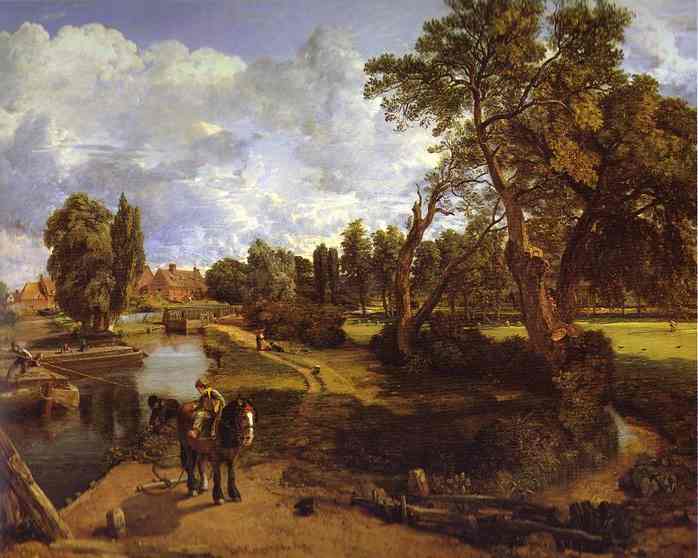To pomp and pageantry in nought allied,
A noble peasant, Isaac Ashford, died.
Noble he was, contemning all things mean,
His truth unquestion’d, and his soul serene:
Of no man’s presence Isaac felt afraid,
At no man’s question Isaac look’d dismay’d;
Shame knew him not, he dreaded no disgrace;
Truth, simple truth, was written in his face;
Yet while the serious thought his soul approved,
Cheerful he seem’d, and gentleness he loved:
To bliss domestic he his heart resign’d,
And, with the firmest, had the fondest mind:
Were others joyful, he looked smiling on,
And have allowance where he needed none;
Good he refused with future ill to buy,
Nor knew a joy that caused reflection’s sigh;
A friend to virtue, his unclouded breast
No envy stung, no jealousy distressed;
(Bane of the poor! it wounds their weaker mind,
To miss one favour which their neighbours find):
Yet far was he from stoic pride removed;
He felt humanely, and he warmly loved:
I mark’d his action when his infant died,
And his old neighbour for offence was tried;
The still tears, stealing down that furrow’d cheek,
Spoke pity plainer than the tongue can speak.
If pride were his, ’twas not their vulgar pride,
Who, in their base contempt, the great deride:
Nor pride in learning, though my clerk agreed,
If fate should call him, Ashford might succeed;
Nor pride in rustic skill, although we know
None his superior, and his equals few;
But if that spirit in his soul had place,
It was the jealous pride that shuns disgrace;
A pride in honest fame, by virtue gain’d,
In sturdy boys to virtuous labours train’d;
Pride in the power that guards his country’s coast,
And all that Englishmen enjoy and boast;
Pride, in a life that slander’s tongue defied,
In fact, a noble passion, a misnamed pride.
I feel his absense in the hours of prayer,
And view his seat, and sigh for Isaac there;
I see no more those white locks thinly spread
Round the bald polish of that honour’d head;
No more that awful glance on playful wight,
Compell’d to kneel, and tremble at the sight,
To fold his fingers all in dread the while,
Till Master Ashford soften’d to a smile;
No more that meek and suppliant look in prayer,
Nor the pure faith, (to give it force,) are there;
But he is bless’d, and I lament no more,
A wise good man, contented to be poor.




No Comments